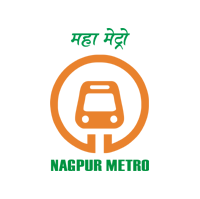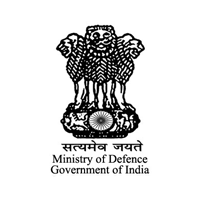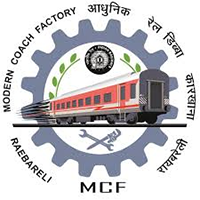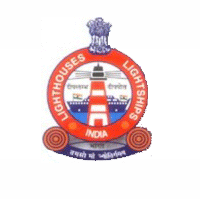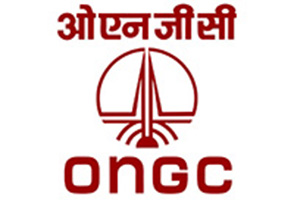Partners
Defence Research & Development Organisation (DRDO) works under Department of Defence. DRDO is dedicated towards enhancing self-reliance in Defence Systems and undertakes design & development leading to production of world class weapon systems and equipment in accordance with the expressed needs and the qualitative requirements laid down by the three services.
DRDO is working in various areas of military technology which include aeronautics, armaments, combat vehicles, electronics, instrumentation engineering systems, missiles, materials, naval systems, advanced computing, simulation and life sciences. DRDO while striving to meet the Cutting edge weapons technology requirements provides ample spin-off benefits to the society at large thereby contributing to the nation building.
DRDO is working in various areas of military technology which include aeronautics, armaments, combat vehicles, electronics, instrumentation engineering systems, missiles, materials, naval systems, advanced computing, simulation and life sciences. DRDO while striving to meet the Cutting edge weapons technology requirements provides ample spin-off benefits to the society at large thereby contributing to the nation building.
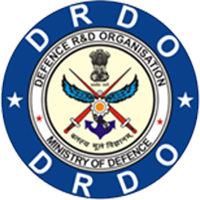
Dr. Homi Jehangir Bhabha conceived the Nuclear Program in India. Dr Bhabha established the Tata Institute of Fundamental Research (TIFR) for carrying out nuclear science research in 1945. To intensify the effort to exploit nuclear energy for the benefit of the nation, Dr Bhabha established the Atomic Energy Establishment, Trombay (AEET) in January 1954 for multidisciplinary research program essential for the ambitious nuclear program of India. After the sad demise of Bhabha in 1966, AEET was renamed Bhabha Atomic Research Centre (BARC).
Dr. Bhabha established the BARC Training School to cater to the manpower needs of the expanding atomic energy research and development program. In Bhabha’s own words "When Nuclear Energy has been successfully applied for power production in, say a couple of decades from now, India will not have to look abroad for its experts but will find them ready at hand". Dr Bhabha emphasized on self reliance in all the fields of nuclear science and engineering.
BARC is the mother of the R&D institutions such as IGCAR, RRCAT, VECC, etc., which carry out pioneering research on nuclear and accelerator technologies and industrial establishments such as NPCIL, NFC, ECIL, etc., spearheading nuclear power production, materials technology, electronics & instrumentation.
Dr. Bhabha established the BARC Training School to cater to the manpower needs of the expanding atomic energy research and development program. In Bhabha’s own words "When Nuclear Energy has been successfully applied for power production in, say a couple of decades from now, India will not have to look abroad for its experts but will find them ready at hand". Dr Bhabha emphasized on self reliance in all the fields of nuclear science and engineering.
BARC is the mother of the R&D institutions such as IGCAR, RRCAT, VECC, etc., which carry out pioneering research on nuclear and accelerator technologies and industrial establishments such as NPCIL, NFC, ECIL, etc., spearheading nuclear power production, materials technology, electronics & instrumentation.

LIXIL is at the forefront of a movement addressing this pressing global problem. A solution that has already been commercialized is the affordable plastic SATO (Safe Toilet) series. SATO offers safe, affordable, and durable solutions for a better and more hygienic toilet experience.
These smart and affordable toilet solutions are already trusted and used by over 6 million people in 14 countries in Africa and Asia. By mid-2016, over 1 million SATO units have been installed in over 14 countries. Of these, some 500,000 SATO toilets were donated to nongovernmental organizations for installation in homes and schools in Bangladesh, and another 300,000 have been sold in Bangladesh for as little as $2 each.
These smart and affordable toilet solutions are already trusted and used by over 6 million people in 14 countries in Africa and Asia. By mid-2016, over 1 million SATO units have been installed in over 14 countries. Of these, some 500,000 SATO toilets were donated to nongovernmental organizations for installation in homes and schools in Bangladesh, and another 300,000 have been sold in Bangladesh for as little as $2 each.
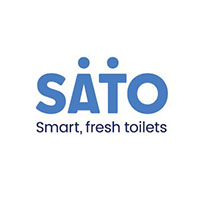
RANN Foundation focuses on developing the potential of women and girls to drive long lasting equitable changes deeply focusing on SDGs mainly 3.3 aims to combat Viral Hepatitis by 2030.
Our programs cover mass awareness women health hygiene, viral hepatitis, drinking water, environment, sanitation as well as strategy for prevention, control of adverse effect caused due to man made as well as natural interventions. We believe that the best way to unlock human potential is through the power of creative collaboration.
Our programs cover mass awareness women health hygiene, viral hepatitis, drinking water, environment, sanitation as well as strategy for prevention, control of adverse effect caused due to man made as well as natural interventions. We believe that the best way to unlock human potential is through the power of creative collaboration.
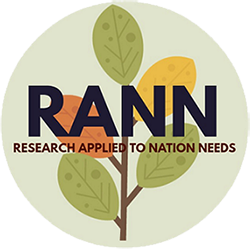
Clients



